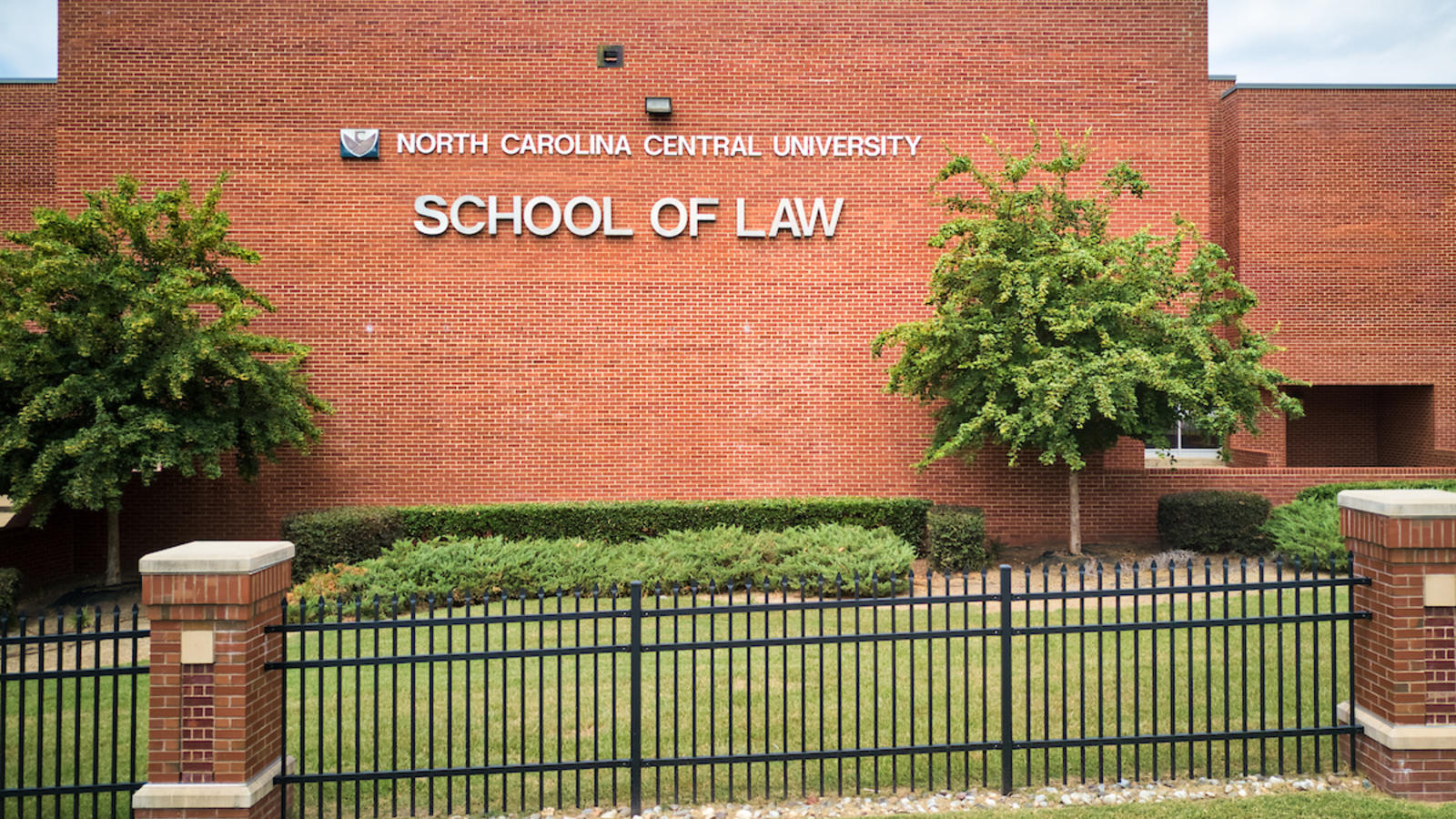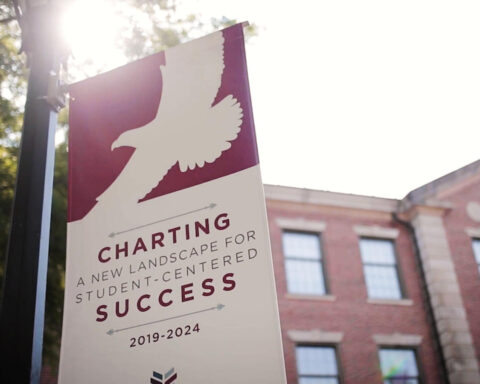By Terri Godwin Hyman
The North Carolina Central University (NCCU) Technology Law and Policy Center announces the inaugural Law and Technology Summit on Oct. 14-15, 2022. The hybrid event will be held on the NCCU campus and virtually.
The summit aims to bring together some of the industry’s top legal experts, policy advocates and technologists from around the country. It will include keynotes, presentations, and panel discussions designed to examine issues and current developments in law and technology, including artificial intelligence, data privacy, cybersecurity, tech policy, legal services, regulatory reform and more.
“There is a growing need for lawyers who have expertise in the emerging technology-related areas like data privacy and cybersecurity,” said April Dawson, associate dean of technology and innovation and professor of law at NCCU School of Law. “There is also an enormous need for diverse legal professionals who can engage in meaningful technology-related policy discussions to ensure that technology law, regulations, and technology implementation do not result in the further marginalization of communities of color and that technology is used to create a more just society.”
Housed in the NCCU School of Law, the Technology Law and Policy Center is a result of a $5 million gift from the Intel Corporation. The mission of the center is to provide more access to diverse professionals in the tech law field and address discriminatory laws and public policies that create structural and systemic inequities. Through the partnership, Intel will also contribute legal and strategic expertise, faculty training, summer internships and Intel mentors for both students and faculty members.
“The NCCU School of Law has been a leader in equity and diversity within the legal education field for several decades,” said Johnson O. Akinleye, Ph.D., NCCU chancellor. “The Technology and Policy Center and its inaugural summit play an essential role in assisting the university in delivering the Eagle Promise to students. Both provide innovative learning opportunities, direct connections with leading tech executives and produce diverse legal professionals who are equipped to transform their communities.”





